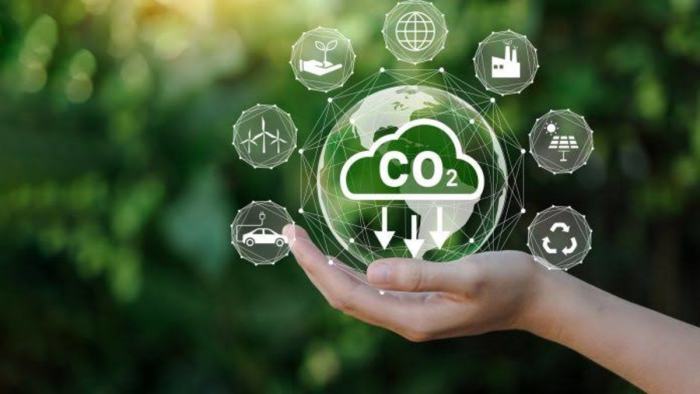Embark on a journey with 30 Recycling Tips for a Healthier Planet and a More Sustainable Future for All, exploring simple yet impactful ways to contribute to a greener world.
Discover the power of recycling, upcycling, and community engagement as we delve into practical solutions for a more sustainable lifestyle.
General Recycling Tips

Recycling is a simple yet effective way to reduce waste and protect the environment. Here are 5 tips for beginners to start recycling at home:
1. Separate Your Waste
- Set up separate bins for different types of recyclables such as paper, plastic, glass, and metal.
- Label each bin to make it easier for everyone in your household to know where to dispose of items.
2. Know What Can Be Recycled
- Check with your local recycling facility to understand what materials they accept for recycling.
- Avoid contaminating recyclables by making sure items are clean and free of food residue.
3. Reduce Single-Use Items
- Avoid single-use items like plastic bottles, straws, and bags by opting for reusable alternatives.
- Invest in a good quality water bottle, shopping bags, and utensils to minimize waste.
4. Support Recycling Programs
- Participate in community recycling programs or drop-off locations to ensure your recyclables are properly processed.
- Encourage friends and family to recycle by sharing the benefits and importance of recycling.
5. Repurpose Items Instead of Throwing Them Away
- Get creative and find new uses for items like glass jars, old clothes, or furniture instead of discarding them.
- Turn old containers into plant pots, repurpose old clothing for cleaning rags, or upcycle furniture for a fresh look.
Advanced Recycling Techniques

When it comes to advanced recycling techniques, there are a few key practices that can make a significant impact on our environment and contribute to a more sustainable future for all.
Upcycling vs. Traditional Recycling
Upcycling is a process where discarded materials are transformed into new products of higher value or quality. This differs from traditional recycling, which typically breaks down materials to create new items of similar quality. For example, turning old glass bottles into decorative vases or using scrap fabric to create unique clothing pieces are both forms of upcycling that add value to the materials instead of simply recycling them.
Composting for Waste Reduction
Composting is a natural process where organic waste decomposes into nutrient-rich soil. By composting food scraps, yard waste, and other organic materials, we can reduce the amount of waste sent to landfills and lower greenhouse gas emissions. This practice not only helps divert waste from landfills but also promotes sustainable living practices by creating a valuable resource for gardening and agriculture.
Responsible Electronic Waste Recycling
Electronic waste, or e-waste, is a growing concern due to the toxic materials it contains and the improper disposal methods often used. To recycle electronic waste responsibly, consider donating functional devices, recycling old gadgets at designated e-waste collection centers, or utilizing manufacturer take-back programs. By properly recycling e-waste, we can minimize environmental harm and conserve valuable resources found in electronic devices.
Community Engagement and Advocacy

Community involvement plays a crucial role in the success of recycling programs and initiatives. It is essential for individuals to come together and work towards a common goal of creating a healthier planet and a more sustainable future for all.
Strategies for Encouraging Recycling Habits
- Educate the community about the benefits of recycling and the impact of waste on the environment.
- Organize workshops and events to demonstrate easy and practical recycling techniques.
- Provide convenient recycling bins in public spaces to make it easier for people to dispose of their waste properly.
- Reward and recognize individuals or groups who actively participate in recycling efforts.
Role of Advocacy in Promoting Sustainability
- Advocacy plays a crucial role in influencing policymakers to implement policies that support recycling and sustainability.
- Collaborate with local government officials and organizations to advocate for funding and support for recycling programs.
- Engage in grassroots campaigns to raise awareness about the importance of recycling and the need for sustainable practices.
- Participate in community meetings and discussions to voice concerns and push for environmentally-friendly policies.
Conclusion

In conclusion, by implementing these recycling tips and fostering a culture of environmental responsibility, we can collectively work towards a cleaner, healthier planet for generations to come.